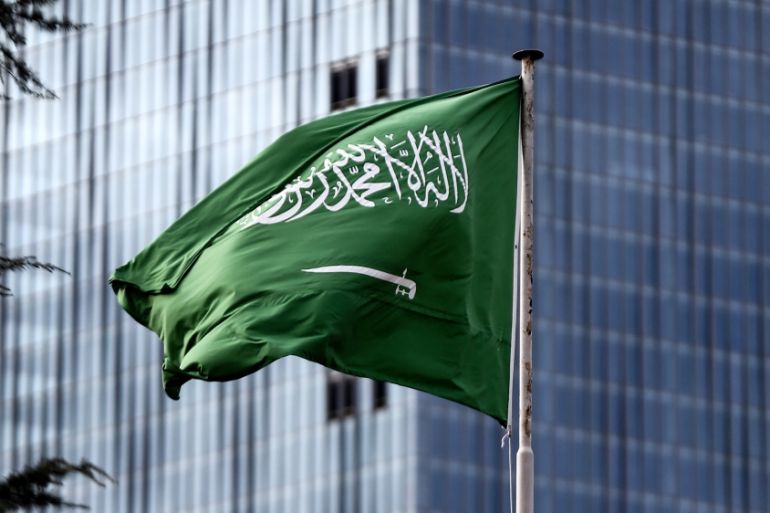Saudi Arabia to execute three scholars after Ramadan: Report
Sheikh Salman al-Awdah, Awad al-Qarni and Ali al-Omari to be sentenced to death by Riyadh, Middle East Eye reports.

Three leading Saudi Arabian scholars being held by Riyadh on multiple charges of “terrorism” will be sentenced to death, according to a report.
Citing two government sources and one of the men’s relatives, Middle East Eye on Tuesday reported the three individuals – Sheikh Salman al-Awdah, Awad al-Qarni and Ali al-Omari – will be convicted and executed after the Muslim holy month of Ramadan concludes next month.
Keep reading
list of 4 itemsUS sanctions two RSF commanders as fighting escalates in Sudan’s Darfur
The Lost Souls of Syria – Part 1
Is the US shipping weapons to Israel tacit support for its war on Gaza?
There was no comment from Saudi authorities on the report.
Al-Awdah is an internationally renowned progressive Islamic scholar described by UN experts as a “reformist”, al-Qarni is a preacher, academic and author, and al-Omari is a popular broadcaster.
“They will not wait to execute these men once the death sentence has been passed,” one unnamed source told Middle East Eye.
Another Saudi government source said the execution last month of 37 of the country’s nationals was used as a “trial balloon” to gauge the strength of international condemnation, the outlet reported.
Ali al-Ahmad, a longtime Saudi opposition figure and head of the US-based Institute for Gulf Affairs, called the reported move to execute the three prominent men a “crime to terrorise the Saudi citizens into submission”.
“The Saudi court system is more or less a kangaroo court system,” al-Ahmad told Al Jazeera from Washington, DC.
But Yahya Assiri, founder of ALQST, a Saudi human rights organisation based in London, called the news report untrue in a tweet in Arabic.
However, he wrote, “Nothing is beyond the authorities who are oppressive, brutal and ignorant, but also no one has been convicted or executed … This news is harmful to the victim and the human rights situation and our work.”
International condemnation
The trio are currently awaiting trial at the Criminal Special Court in the capital, Riyadh, according to Middle East Eye, after being arrested in September 2017, when Saudi authorities detained dozens of prominent figures in an alleged anti-corruption crackdown headed by Crown Prince Mohammed bin Salman.
Their arrests provoked the condemnation of the United Nations, as well as several prominent rights groups, including Human Rights Watch and Amnesty International.
Al-Awdah, who has more than 13 million followers on Twitter, posted a tweet shortly before being arrested that contained an apparent reference to relations between Saudi Arabia and its Gulf neighbour, Qatar.
Riyadh spearheaded an air, sea and land blockade imposed on Qatar since June 2017. The move was backed by three other Arab countries: the United Arab Emirates, Bahrain and Egypt.
“May God harmonise between their hearts for the good of their people,” Al-Awdah said in the tweet.
Saudi Arabia has frequently drawn international criticism for alleged human rights violations, including the use of repression to detain domestic nationals.
In a January 2018 report, UN experts condemned the kingdom’s “continued use of counterterrorism and security-related laws against human rights defenders”.
“Despite being elected as a member of the Human Rights Council at the end of 2016, Saudi Arabia has continued its practice of silencing, arbitrarily arresting, detaining and persecuting human rights defenders and critics,” the report said.